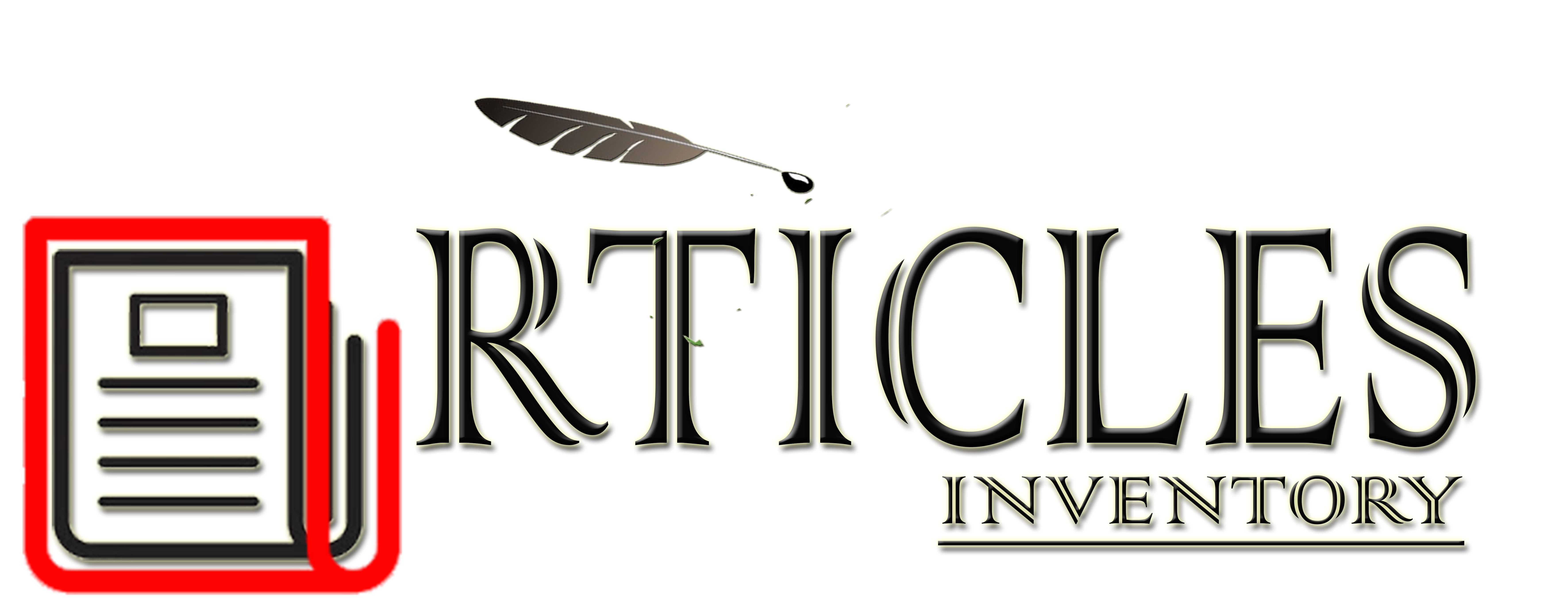A Brief Guide to Canadian Employment Law
It’s always important to understand the rights, obligations, and entitlements of people within the workplace, whether you’re an employee or a business owner, as it can facilitate a work environment that is happy and healthy for everyone.
That said, the laws regarding workplace employment are numerous and derive from statutes such as the Canada Labour Code, Employment Standards Act, and Occupational Health and Safety Act, to name but a few. As such, taking advantage of employment law services can help you determine which laws apply to you and your circumstances so that you can protect yourself or your business from future disputes.
Let’s take a closer look at Canadian Employment Law:
Employment Law in Canada is designed to provide workers with a framework for fair treatment and protection while ensuring that the needs of employers are supported. Most employees are governed by provincial or territorial employment laws, but those working in industries that are federally regulated, such as telecommunications and banking, are governed by federal employment laws. This variation alone highlights the need for a sound understanding of how national standards interact with local laws.
Below are some of the most common issues typically covered by Canadian Employment Law:
- Employment contracts
Outlining the terms of employment, such as salary, job responsibilities, paid leave, severance pay, and the conditions under which employment termination can be enacted without notice, the agreement between an employer and their employees is an important one. In the absence of an employment contract, or should an employment condition not be covered in the contract, the law provides a set of minimum standards that must be upheld.
- Hours and wages
To ensure that employees are paid fairly for their time and work, the law regulates such things as minimum wage and overtime pay. It also covers standards for working hours, breaks and time off between shifts.
- Workplace safety
Regulations within the law are designed to ensure workplace safety by eliminating hazards and risks to employee health. Employees have the right to refuse unsafe work and specific procedures must be followed in case of workplace injuries.
- Employment equity and anti-discrimination
Aimed at protecting employees from being discriminated against on a range of protected grounds, like gender, race, disability, and age, the goal of these provisions is to ensure that when hiring or promoting, equal opportunities are given to candidates and that the workplace itself is accessible.
- Leave entitlements
There are minimums required by law regarding maternity leave, statutory leave, sick leave, and parental leave.
Common misconceptions regarding Canadian Employment Law
It’s not unusual for Canadians to be misinformed when it comes to knowing what is and what isn’t permitted under Canadian Employment Law. One common misconception among employees is that they can only be dismissed by their employer with good reason. However, in Canada, this isn’t true. In cases where there isn’t sufficient reason to dismiss an employee immediately, the employer need only provide an adequate period of notice, or pay in lieu of such notice, and need not provide a reason for the dismissal.
When should you consult an employment lawyer?
Employment law can be a complex matter, and there are many different circumstances in which consulting with an employment lawyer as an employee can be essential:
- Negotiating and reviewing your contract
- Wrongful dismissal
- Unilateral changes made to your role or the terms of your employment
- Receiving an unfair performance review
- Severance package review and negotiation
Simply put, problems between employees and their employers (and vice versa) can be resolved far quicker, with a lot less stress, and likely with far less cost, when an employment lawyer is involved.




